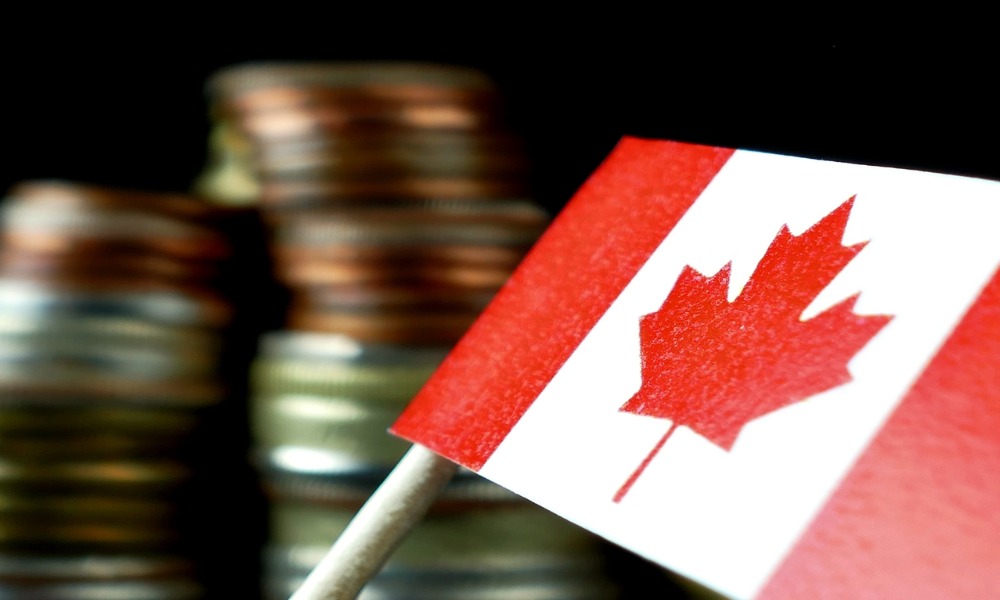Bank of Canada governor thinks there’s no need for an unemployment spike

Bank of Canada Governor Tiff Macklem has said the economy can achieve a "soft landing" where inflation slows without a significant rise in unemployment.
In a speech delivered in Winnipeg on Monday, Macklem said that an increase in unemployment isn't necessary to achieve the central bank's 2% inflation target.
He noted that Canada's current unemployment rate of 6.2% is "just above" pre-pandemic levels, which he described as close to "maximum sustainable employment."
According to the BoC governor, the labour market has loosened and is "closer to being in balance." Macklem acknowledged that while it's becoming harder to find new jobs, this is particularly affecting young workers and newcomers, whose unemployment rates are rising faster than those of other Canadians.
The governor's remarks suggest growing confidence that the labour market has eased sufficiently to allow further cooling of inflation while maintaining economic growth. In a post-speech press conference, Macklem hinted at the possibility of future interest rate cuts if price pressures continue to decrease.
"We don't want monetary policy to be more restrictive than it has to be," Macklem said, while cautioning against lowering borrowing costs "too quickly" and risking progress on inflation control.
Addressing wage growth, Macklem noted that while it remains above pre-pandemic levels, the rebalancing of the labour market and lower inflation are beginning to moderate compensation pressures. He expects wage growth to further moderate in the future.
Macklem also commented on immigration, suggesting that the federal government has some leeway to slow the growth of non-permanent residents without causing labour shortages. He acknowledged the importance of immigration as a "key source of growth" but noted, "There are limits to how quickly we can absorb people into the economy."
Read next: Is Canada's housing market about to roar back into life?
The Bank of Canada became the first G7 central bank to cut interest rates in June, lowering its policy rate to 4.75%. The next rate decision is scheduled for July 24.
Looking ahead, Macklem emphasized the need for long-term investments in an inclusive labour market, "smart immigration," and a robust education system to address Canada's productivity challenges.
Make sure to get all the latest news to your inbox on Canada’s mortgage and housing markets by signing up for our free daily newsletter here.



